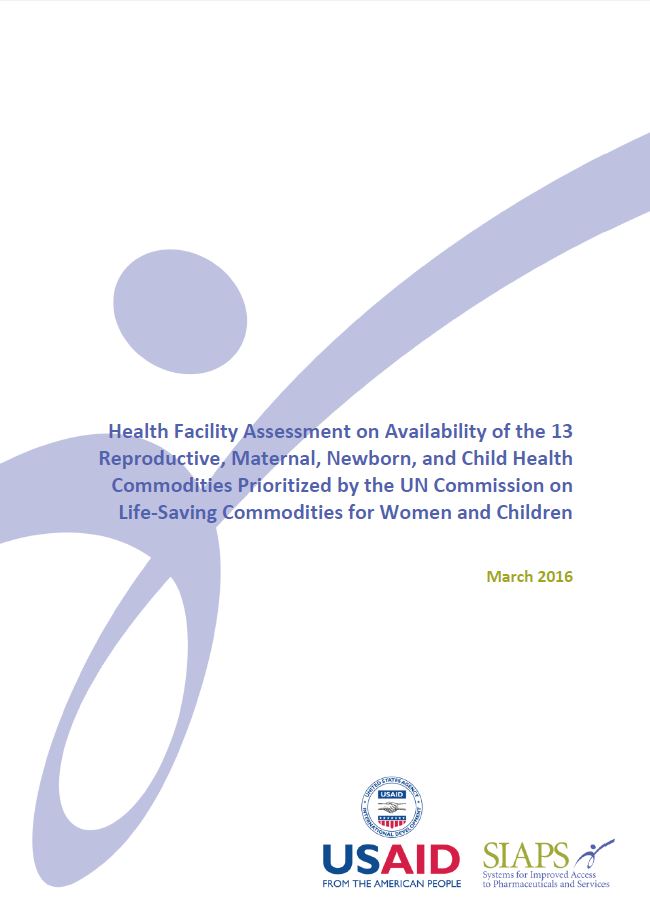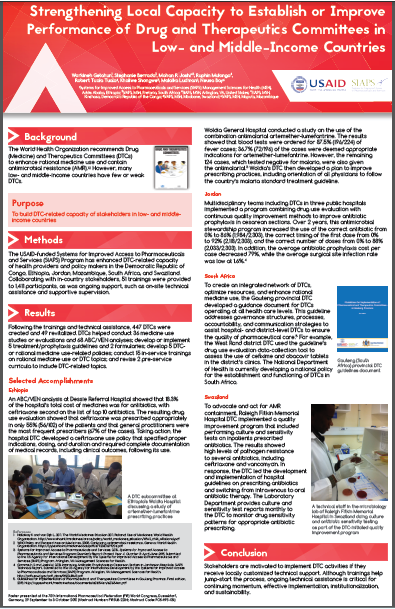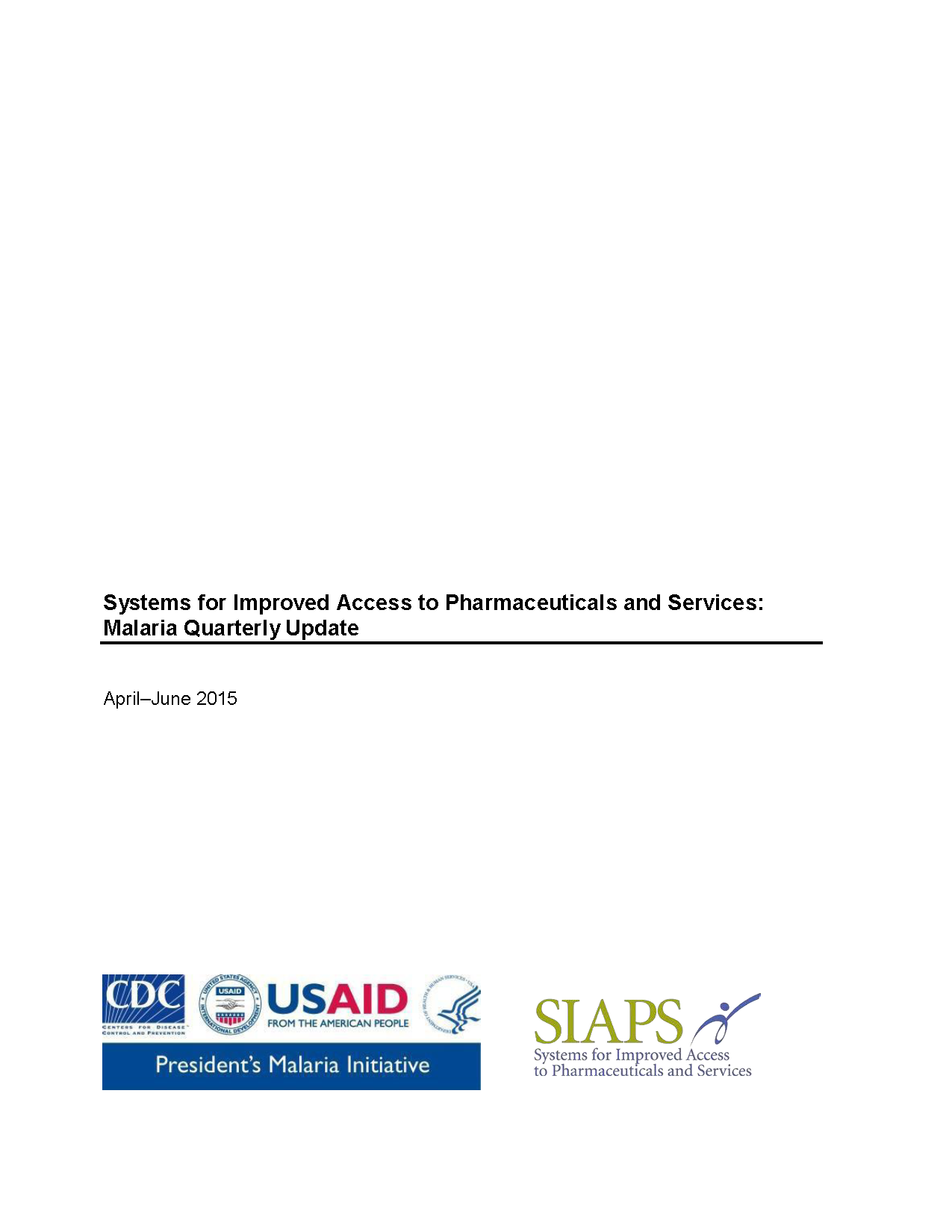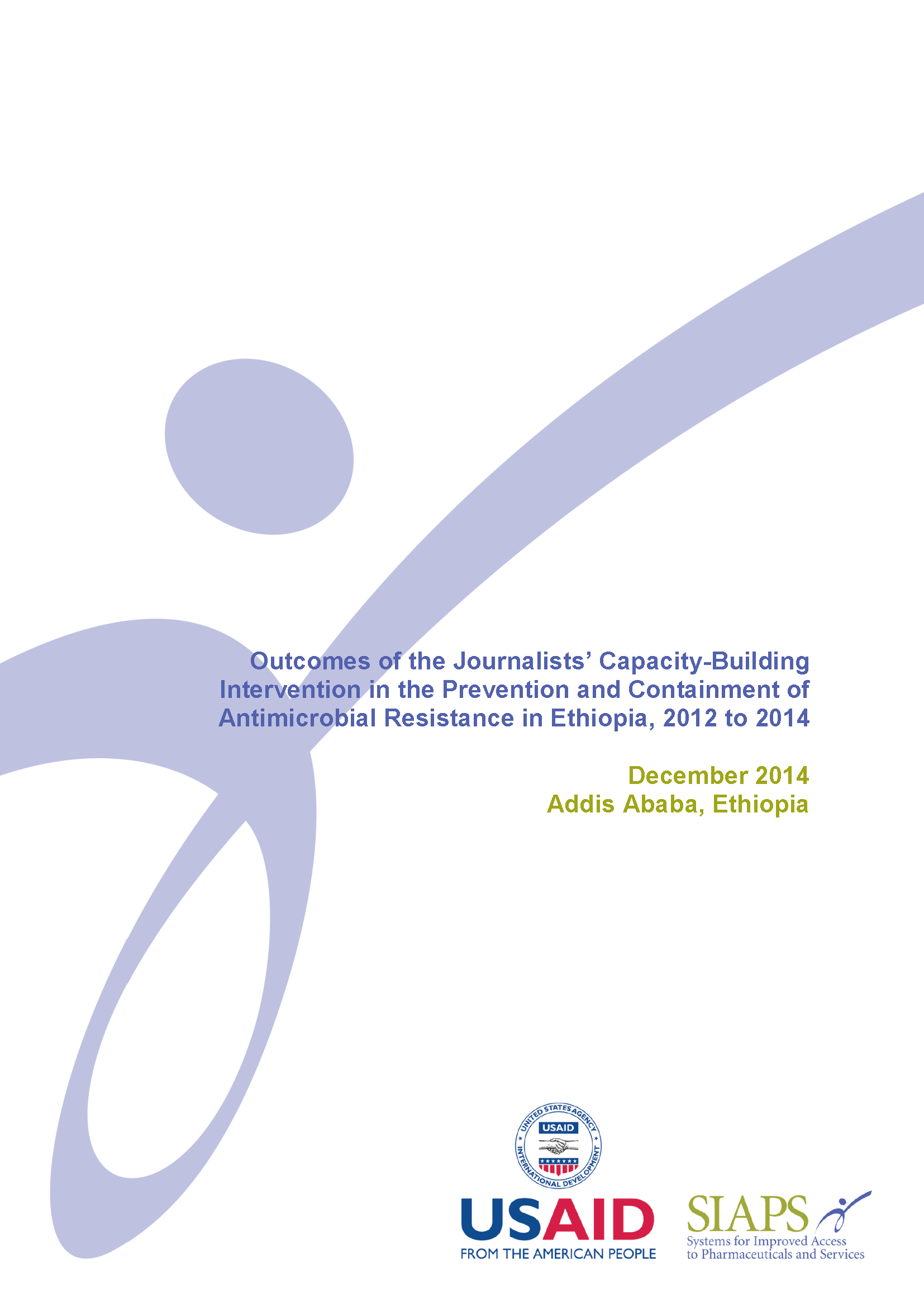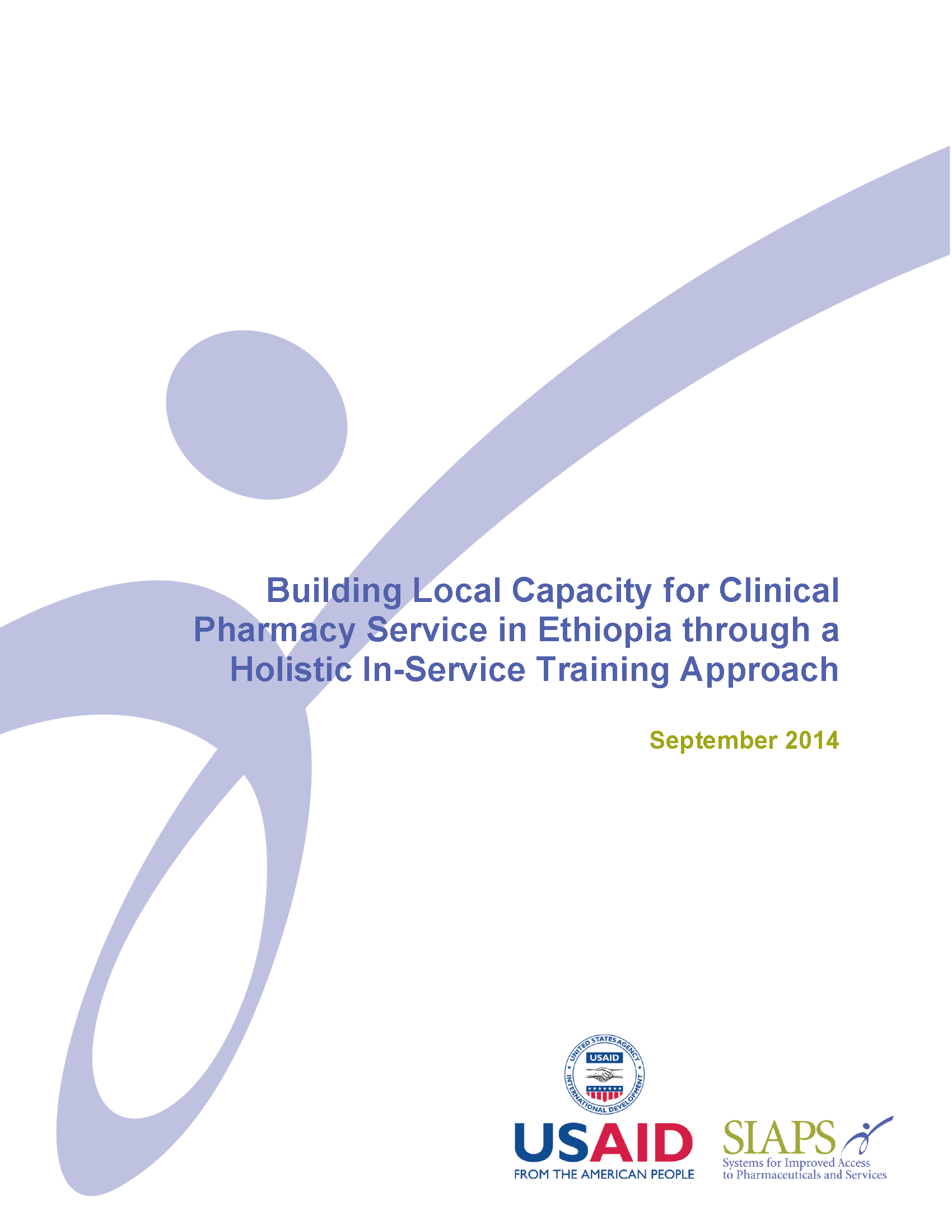Every day, about 800 women die from preventable causes related to pregnancy and childbirth. Although great strides have been made in reducing global child mortality, newborns now account for 44% of all childhood deaths. Ethiopia contributes to more than 4% of all global maternal deaths, which were estimated at 1,300 in 2013. In 2010, the … Read more
A Korra, Assessment, commodities, E Ejigu, Ethiopia, H Tadeg, Reproductive Maternal Newborn and Child Health, RMNCH, Supply chain management, Technical Report, W Getahun
This week, the global health and development community is commemorating the first World Antibiotic Awareness Week. Spearheaded by the World Health Organization (WHO) to raise global awareness on the magnitude, reach, and severity of antibiotic resistance; the event comes at a time when resistance to many antimicrobials, not just antibiotics, has now escalated to pandemic … Read more
On October 30, 2015, proposed regulations for implementation of the Auditable Pharmaceutical Transactions and Services (APTS) system were unanimously enacted by the Oromia Regional Council. The Council accepted all articles of the regulation and recommended immediate implementation of APTS in the region. APTS is a package of data-driven interventions that support a continuous supply of essential medicines, … Read more
Getahun W., Berrada S., Joshi M.P., Mulongo R., Tuala Tuala R., Shongwe K., Ludman M., Bay N. Strengthening Local Capacity to Establish or Improve Performance of Drug and Therapeutics Committees in Low- and Middle-Income Countries. Poster presented at the 75th International Pharmaceutical Federation (FIP) World Congress, Dusseldorf, Germany, 29 September to 3 October 2015.
capacity building, Conference, Drug and Therapeutics Committee, DTC, Ethiopia, Jordan, K Shongwe, M Ludman, N Bay, Poster Presentation, R Mulongo, RT Tuala, S Berrada. MP Joshi, South Africa, Swaziland, W Getahun
Committed to the global fight against neglected tropical diseases (NTDs), SIAPS Program has developed a three-day training workshop for national NTD program managers and their supply chain management counterparts. Through a series of regional workshops, SIAPS will contribute to increasing the capacity of program managers to manage donations or procurements during mass drug administration (MDA) … Read more
According to the World Health Organization (WHO), 1 malaria mortality rates fell by 47% globally, and by 54% in Africa between 2000 and 2013. During this period, an estimated 4.3 million malaria deaths were averted globally, primarily as a result of the scale-up of interventions. However, much remains to be done. Although 55 countries are … Read more
Angola, Democratic Republic of Congo, DRC, Ethiopia, Guinea, Logistics Management Information System, Malaria., Mali, PMI, Quantification, South Sudan, Training
Dagnachew Hailemariam has worked at Bishoftu General Hospital for six years. The hospital, located 45 km south of Addis Ababa in the town of Bishoftu, is state-owned and provides service to between 400 and 500 patients per day. Likewise, the hospital pharmacy receives orders for around 400-500 prescriptions per day. “Six years ago, we were … Read more
Antimicrobial resistance (AMR) is a threat to both global public health and the global economy. However, public awareness of this issue is still low in countries with limited resources. Mass media can serve as an important ally in raising such awareness. The Ethiopian Food, Medicines, and Healthcare Administration and Control Authority (EFMHACA), collaborated with SIAPS … Read more
Irrational use of medicines has been a major public health problem, and antimicrobial resistance (AMR) is a global public health and economic threat. AMR has been on the agenda of the annual World Health Assembly meetings. The Food, Medicine, and Health Care Administration and Control Authority (FMHACA) of Ethiopia with technical assistance from SIAPS and … Read more
Recognizing the need for patient-focused services and the competency gap in the curriculum, schools of pharmacy in Ethiopia revised their curricula in 2008 to focus more on the patient. In addition, recognizing the potential benefits of introducing clinical pharmacy to the patients and the health sector, the Federal Ministry of Health (FMOH) has included clinical … Read more
Building Capacity, clinical pharmacy, Ethiopia, H Tadeg, in-service training, N Mekonnen, optimizing treatment outcomes, patient-focused care, pharmaceutical services, pharmacy, Poster Presentation, T Chanie, Y Yiegezu
